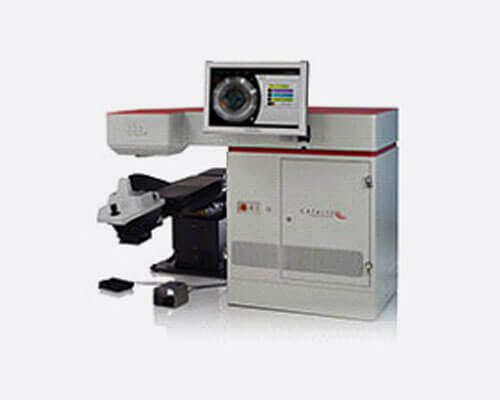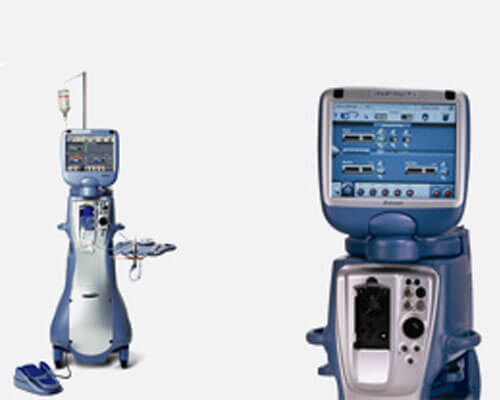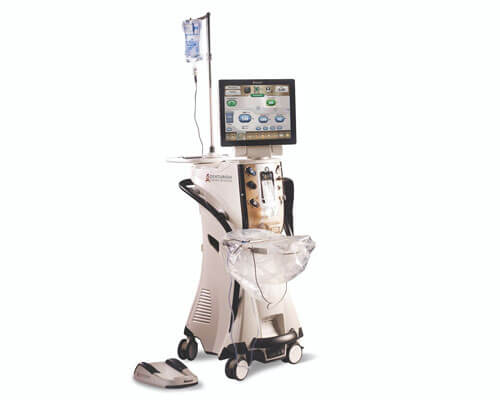
An estimate of 47.8% of global blindness is due to cataracts. We at Medivision Hospitals aim at emerging as a centre for excellence in vision restoration and curing every eye-related abnormality like cataracts with the assistance of cutting edge technology. We also aim at ensuring affordable treatment without compromising on quality.
A cataract is a dense, cloudy layer that forms in the lens of your eye which begins to take place when proteins in the eye form clumps that prevent the lens from sending clear images to the retina. It grows slowly and interferes with your vision eventually.
The surgical removal of cataracts is a very common procedure these days, it is very effective and has an estimated success rate of 90%. Surgery is recommended when the cataract becomes a hindrance in your daily activities.
We at MediVision have a range of modernised treatment options for you to choose from, based on your diagnosis and doctor’s recommendation. Ours is one of the best surgical services in Hyderabad that uses imported Intraocular Lens (IOL) with precision laser-assisted cataract system for an affordable price.
Given below is the list of services we provide and the technology we use, to deliver quality treatment and successful procedures.
- Aspheric Lenses
- Torric
- Multifocal
- Toric-Multi Focal
- Spherical- Single & Multi-piece
- Scleral Fixated Intraocular Lens (SFIOL)
- The CATALYS Precision Laser System: It is an exclusively designed machine for cataract treatment, it offers exceptional accuracy, customization, and comfort to cataract patients. Its liquid optics interface, gentle docking with minimal intraocular pressure rise and clear optics facilitate excellent imaging and laser delivery. This FDA approved device is used by surgeons across the world because it helps the surgeon in bringing out precision and comfort into every step of the procedure.
With the assistance of these technologically advanced devices, we at MediVision aim at returning to you the experience of clear vision that you once had.
It also offers precise capsulotomies within 30µm, & a complete softening of the cataract with adjustable grid sizing. Approved by FDA, the CATALYS is used by surgeons across the world in clinical trials and real-world operations. In fact, it helps the surgeons to build greater precision and comfort into every step of the surgery procedure. In 2012, the CATALYS was recognized as one of the top 100 technological innovations in the world.


One of the major benefits of Infiniti is that the treatment duration has become quicker and more advanced. On the other hand, the patient can expect a faster recovery of vision. The Infiniti is considered as the most efficient system ever developed for cataract removal treatment.
